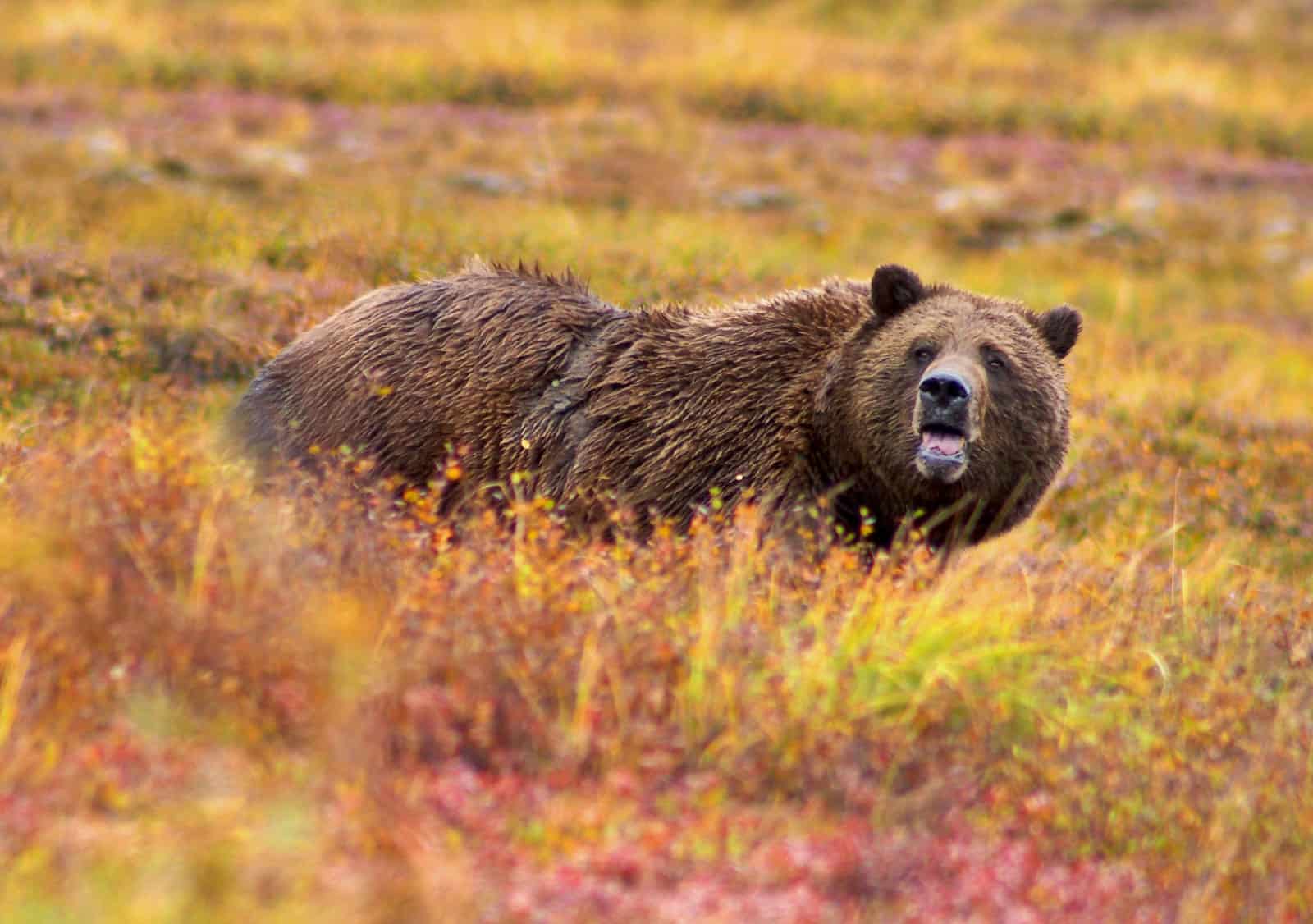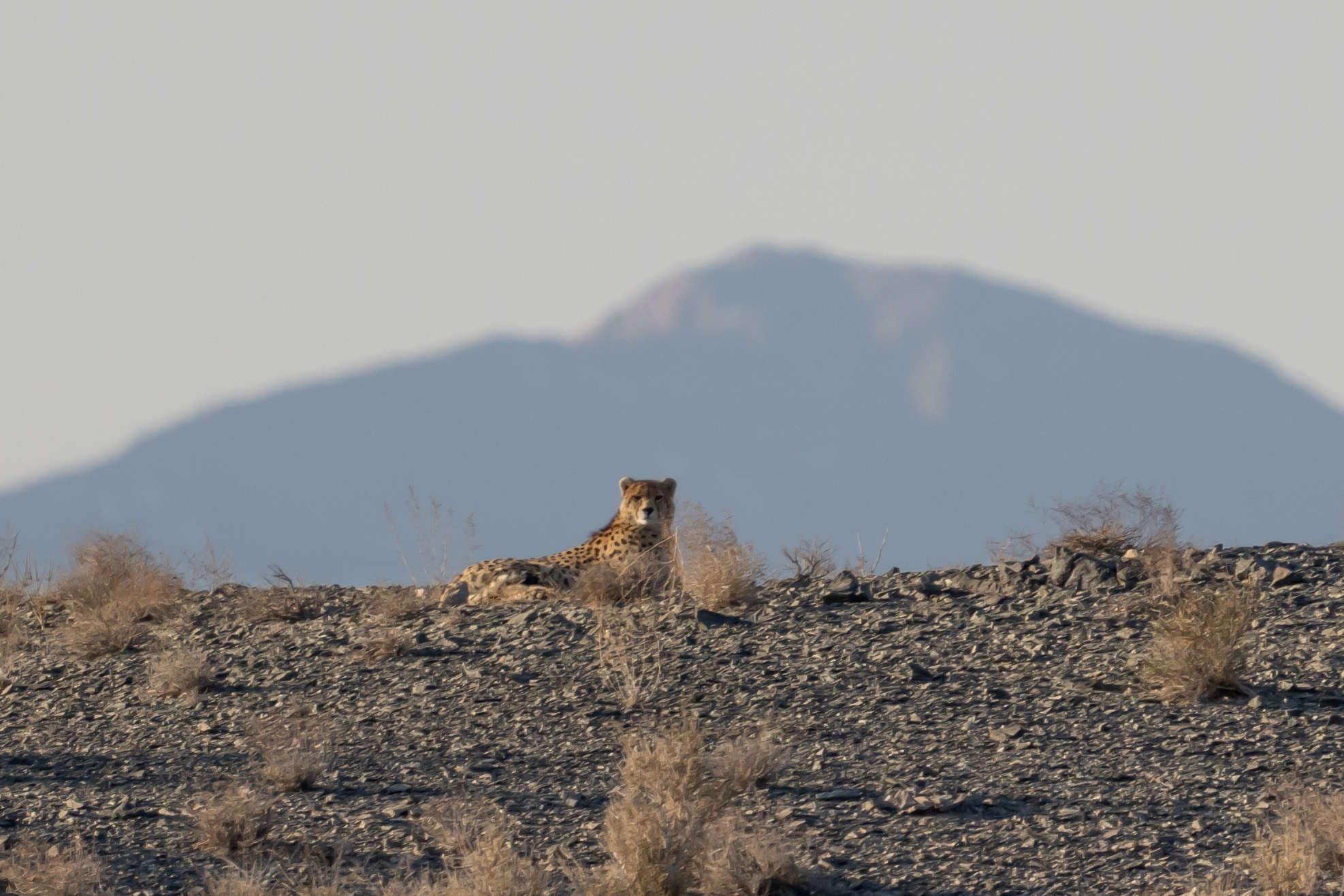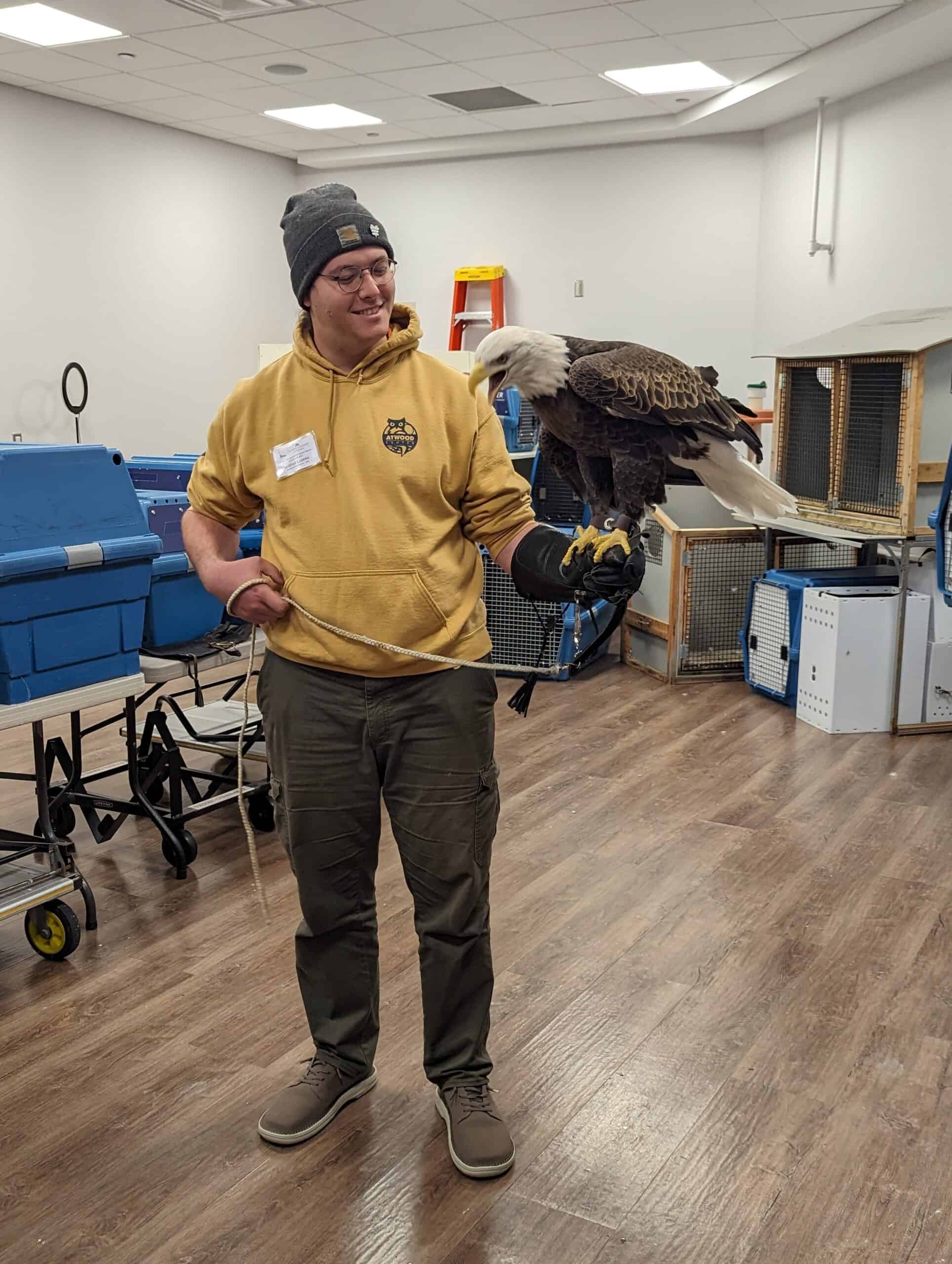Share this article
2018 Call for Abstracts is now open
The Wildlife Society will hold its 25th Annual Conference in Cleveland, Ohio, from October 7-11, 2018. The Conference will include workshops, symposia, panel discussions, contributed oral presentations, contributed posters, and student research in progress posters. We invite you to submit abstracts for prospective contributed oral or poster presentation on topics of wildlife ecology, management, conservation, education, or policy. Abstracts will not be published, so we encourage reports from the author’s most recent scientific investigations and management experiences. The theme for Conference is Recognizing and Sustaining Conservation Success; presentation or poster abstracts incorporating this theme are especially invited for contributed sessions as well. The deadline to submit abstracts is Sunday, April 22, at 11:59 p.m. Central time.
Presentation Types
Contributed Oral Presentations will be scheduled for 20 minutes, which includes 15 minutes for the presentation and five minutes for questions.
Contributed Posters – will be scheduled by topic, presenters will present a printed version of their poster at the conference as well as upload a PDF of their poster no later than October 6.
Student Research in Progress Posters – All undergraduate, M.S., and Ph.D. students with research in progress can submit an abstract for this session. Abstracts submitted can include 1) research that is in progress; 2) a proposed research project (with a focus on study design); 3) results from completed undergraduate research projects; or 4) student chapter research projects that may not be appropriate for the regular poster sessions (these may include a class or group research project). Presenters will need to bring a printed version of their poster to display at the conference as well as upload a PDF of their poster no later than October 6.
Instructions for Submitting Abstracts
TWS will use an online for abstract submission, the submission site will be open on February 19, 2018, and at that time a link will be made available through this Call for Abstracts. The submission site will lead you through the submission steps; guidelines for submissions are summarized below. You may initiate a submission, save your work, and return to complete or revise your submission as often as you like until the submission deadline. The submission deadline is April 22, 2018 at 11:59 pm CST. Abstracts that miss this deadline will not be considered. Please note: TWS allows only one contributed paper, contributed poster or student work in progress abstract per primary author.
Abstracts must be under 300 words, and should include a statement of objectives, brief description of methods, results, and conclusions. Do not include paper/poster title or author information in the abstract. Include scientific names in the abstract but not in the paper/poster title. You will be asked to choose one of the following subject categories.
- Biometrics and Population Modeling
- Conservation Communication
- Conservation and Ecology of Birds
- Conservation and Ecology of Mammals
- Conservation and Ecology of Natural Resources and Habitats
- Conservation and Ecology of Reptiles and Amphibians
- Conservation and Ecology of Wildlife Communities
- Conservation Planning and Policy
- Cultural Aspects of Wildlife Conservation
- Ensuring Science in Citizen Science
- Fire Science and Management
- Human Dimensions
- Invasive Species
- Natural Resources Management
- New Technology and Applications
- Public Engagement and Management
- Wildlife Damage Management
- Wildlife Disease and Toxicology
- Wildlife Education, Training and Certification
Abstract Evaluation
Contributed abstracts will be evaluated based on technical merit and contribution to our knowledge of species, populations, communities, ecological processes, management practices, conservation initiatives, education models, communication, or policy issues. Oral presentations and posters should present results from completed studies or completed phases of long-term projects. Work in progress is more appropriate for presentation at local or regional meetings and will not be accepted.
Student Research-in-Progress abstracts will be evaluated based on technical merit and contribution to our knowledge of species, populations, communities, ecological processes, management practices, conservation initiatives, education models, communication, or policy issues. Work does not need to be completed to be submitted.
All abstracts will have a blind review by two to three reviewers. Please note that presentations from students are welcome but are not given preferential treatment. We have found that students do just as well as or better than professionals under our blind review process. Due to time/space limitations we will not be able to accept all papers and posters submitted.
Notice of Decision
Notice of decision will be made on or about May 23, 2018 via email.
Registration
All presenters MUST register and pay the appropriate conference registration fee. Early Bird registration is strongly recommended. Registration information will be posted on TWS’ conference website, twsconference.org in May 2018.
Questions?
Questions about the conference program may be directed to Program Committee Coordinator, Tricia Fry at tricia@wildlife.org. For all other conference questions, please call (301) 897-9770 or email membership@wildlife.org.
Header Image: ©Huntington Convention Center of Cleveland








